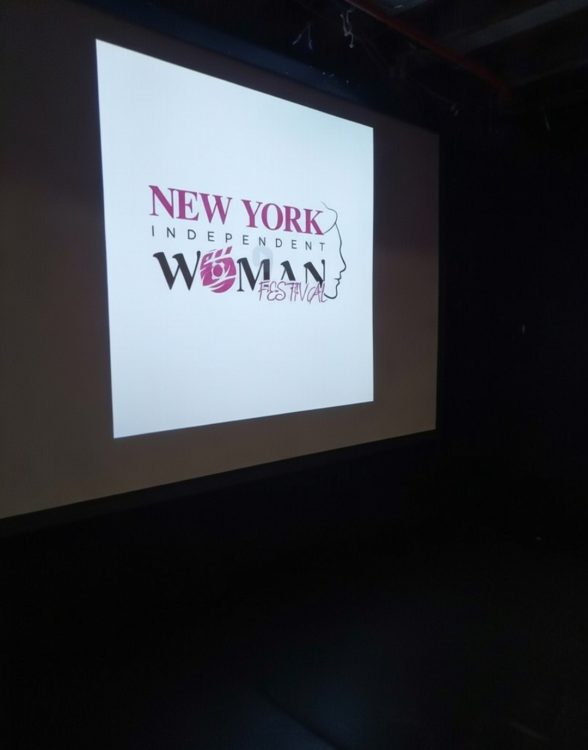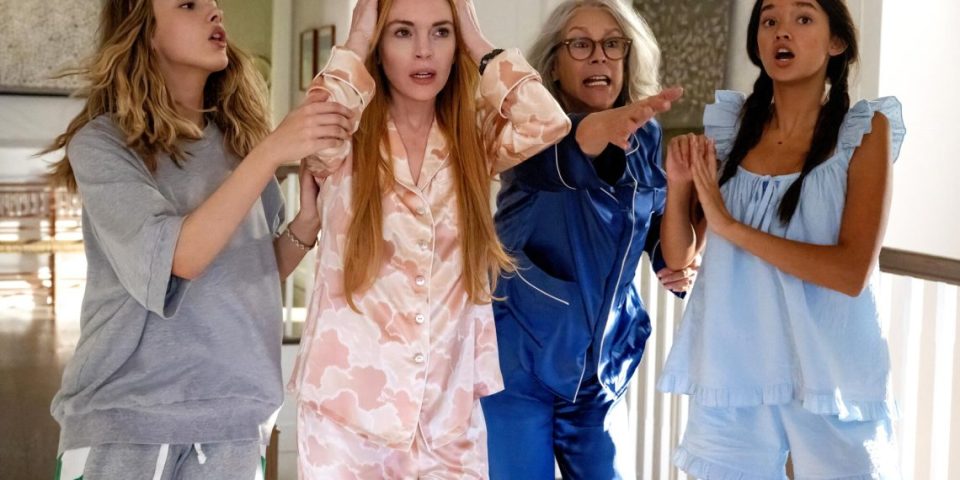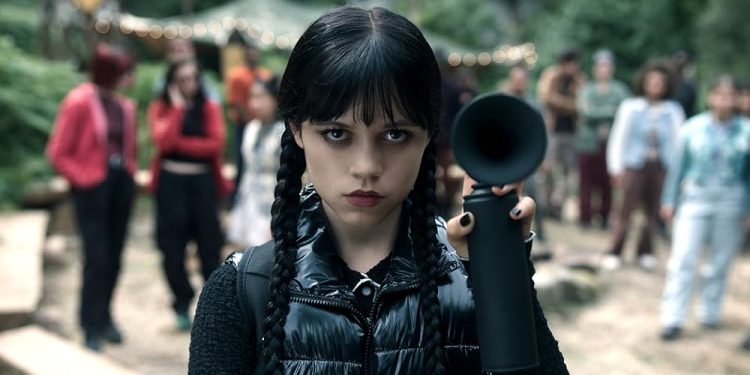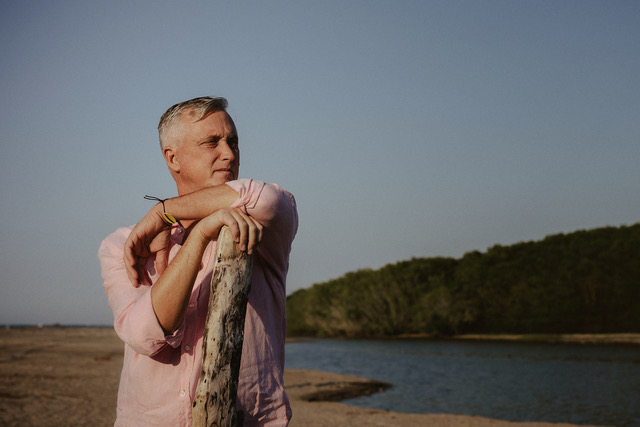
From slinging cocktails at the Beverly Hills Hotel to trading punch-lines with late-night legends, Joseph Neibich Nybyk has learned that the right blend of honesty and exaggeration can leave an audience buzzed long after last call. Equal parts Hollywood dreamer and comedy-club realist, Joseph Nybyk when he’s performing and Joseph Neibich when he’s writing/producing, the writer-producer-comic has poured drinks for Michael Jackson, taken filmmaking cues from James Cameron, and still finds himself scrambling for stage time alongside open-mic hopefuls. In our conversation, Nybyk details how bartending taught him timing, why dating disasters fuel his best bits, and what producing his indie feature Ocean Front Property revealed about teamwork—and chaos. Grab a seat at the bar (or the back row of the Comedy Store) and enjoy as he stirs the worlds of spectacle and stand-up into one potent cocktail.
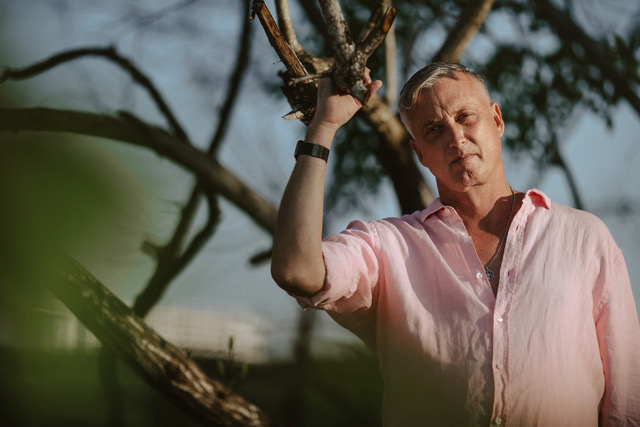
- Your comedic voice is deeply rooted in real-life experiences—from bartending at the Beverly Hills Hotel to dating in Hollywood. How do you walk the line between personal truth and comic exaggeration without losing authenticity?
I don’t believe in lines. Comedy is like making a good cocktail and the ingredients are important, but your delivery is everything—too much truth, and it’s a TED Talk; too much exaggeration, and it’s a cartoon; too much emotion and it’s divorce court. It’s really all in your delivery and having the confidence to be the straw that stirs the drink whether it’s talking about the raw emotions of a break up or how you can no longer read Captcha. For me, honesty is a really big deal. I never want to lose that because it’s where people connect with you. I want to make them laugh while also saying, ‘Yep, I’ve been there,’ if I can do that then I’ve done my job.
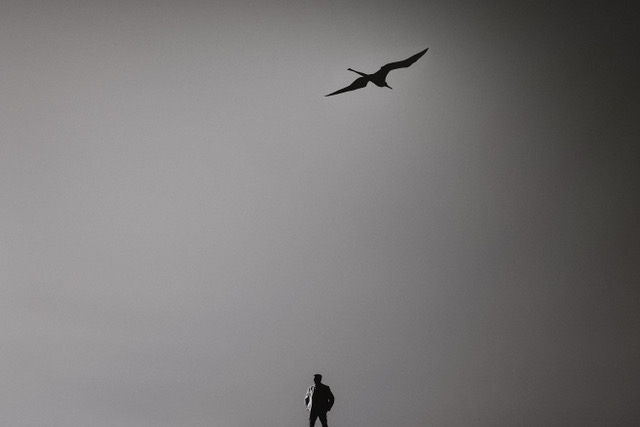
- You’ve worked with industry giants like Michael Jackson and James Cameron, and also worked the door at the Comedy Store. Do you ever feel torn between the epic scale of Hollywood and the intimacy of stand-up?
To be 100% transparent I was a young PA when I worked for Mr. Jackson and Mr. Cameron, that said, you learn so much from watching the best of the best do what they do. It gave me so much respect for the artistic process. Then I would go to the club for potluck shows that started at 7pm with homeless open mic ‘ers and culminate with some of the most talented people in the world like Pauly Shore, Andrew Dice Clay, and later Joe Rogan going up at Midnight til two in the morning. But honestly, I love both worlds. Hollywood lets you dream big in so many ways. In film it’s all about meticulous planning and stand-up keeps you grounded in the immediacy of the moment —like, ‘you better be funny in the next five seconds or you’re toast.’ It’s a crazy balance between spectacle and soul.
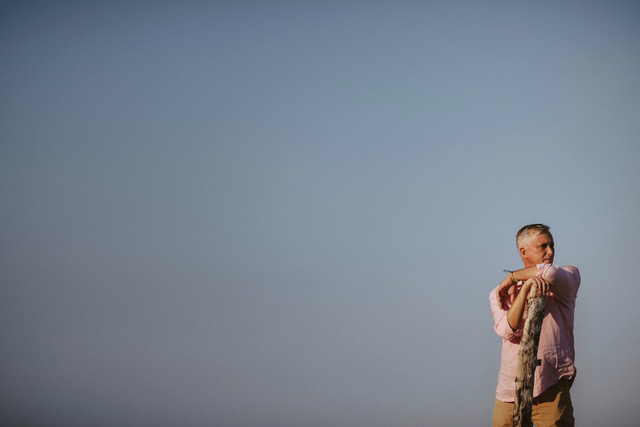
- You said stand-up was always your first love. What’s one moment on stage that reaffirmed why you keep coming back to it—despite the success you’ve found in other arenas?
I hate to sound arrogant, but it’s because I’m so good at it. And it’s so fulfilling. No matter what else I do in this business, nothing beats connecting with a room full of strangers and turning our shared experiences into pure joy. That’s the magic that keeps pulling me back. It’s also comforting to know the stage will always take you back.
- You mentioned dating having a major impact on your artistic life. Have any of your scripts or jokes been directly inspired—or maybe even “haunted”—by a particular relationship?
Yes, I have one exe who is probably going to sue me for royalties. She really deserves a “special thanks” credit on my next album.
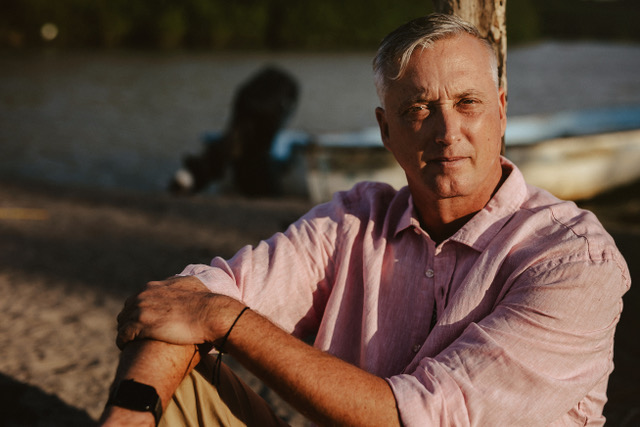
- You have a degree in political theory—does that academic background ever sneak into your creative work, whether consciously or satirically?
It generally doesn’t come up while performing in Grant’s Pass or Elko, Nevada. I’ve always found people just want to laugh at themselves, at who we are at work and with family. When it comes to politics, I believe in doing what’s right for the people and we don’t really seem to have a party that wants to align with that basic premise. From what I’ve seen, since the globalization of social media, most people just want to get rich by virtue signaling things they don’t really believe in. As such, I’ll leave politics to other guys.
- Having performed with athletes like Tiger Woods and JJ Watt, how do you see the intersection between celebrity culture and comedy—do you think it makes audiences more engaged or more cautious?
America loves a train wreck and celebrity culture is full of them. By talking about what’s topical it allows us to bring the collecting water cooler conversation to the stage with a fresh point of view. Lucky for me, advertising agencies only hire the classiest of celebrities to market the products so I’ve only had good experiences in this regard.
- Ocean Front Property was a huge leap, wearing multiple hats. What’s one thing you learned about yourself during that process that surprised you?
What I got from Ocean Front Property is I can do anything and it takes a great team to put a picture together. I had never worked on a film from the top down before. I’d had several jobs on set before from pulling cables to jumping in front of the camera but to be in charge of everything from finding locations to renting equipment and hiring actors, that was a challenge. Thank goodness, I had a good team around me to show me the ropes as I learned the process of filmmaking. Just like in sports your teammates are everything in film. If you don’t believe ask any quarterback who’s ever played with shoddy offensive line.
- You’ve described producing as ‘making sure people have what they need.’ That’s a very generous philosophy. Has there ever been a moment when you had to fight to uphold that vision?
Yes, every second of every set I’ve ever been on. Making a film of any kind is organized chaos. I’ve heard it described as herding cats. You make all the preparation in the world and then catastrophe strikes: a card reader breaks after the rental houses have closed, an actor breaks an essential prop, or worse yet gets a black eye over the weekend. It’s the craziest job you’ll ever love, but so rewarding when you walk out with a good film.
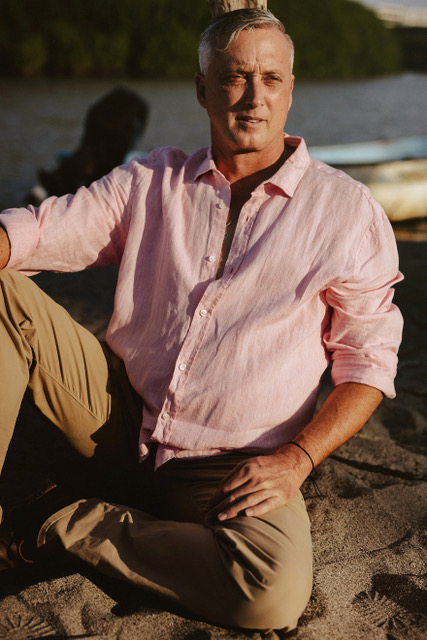
- From the Comedy Store to cruise ships, each venue has a vibe. Which setting do you feel most yourself in—and which one taught you the most humility?
It’s hard not to feel at home on a cruise ship. Especially when you only have to work 45 minutes a night. The Comedy Store is another story. It was definitely a lesson in humility. I saw people move out to LA from the middle of nowhere only to find they didn’t have the talent to make it and sometimes they lacked the resolve. I knew one guy who quit because he didn’t want his family to live in a one bedroom apartment in the North Hollywood. It was also heartbreaking to see guys who were as good as anyone who’s ever done stand up kill every night on stage but get nowhere in the industry until the slowly fade away. I also got to see several guys make their comedy dreams come true.
- 10.You’re juggling several projects at the moment. How do you stay grounded in the joy of storytelling instead of getting lost in logistics?
You buckle up and enjoy the ride. First, like I said, you build a great team and delegate as much of the logistics as possible. Then you thank god for the opportunities you’ve been given and let the crazy beautiful people you work with do what they do best which is shine like fireworks on the Fourth of July in movies and music videos for the world to see -which reminds me, I have to get back to work.

